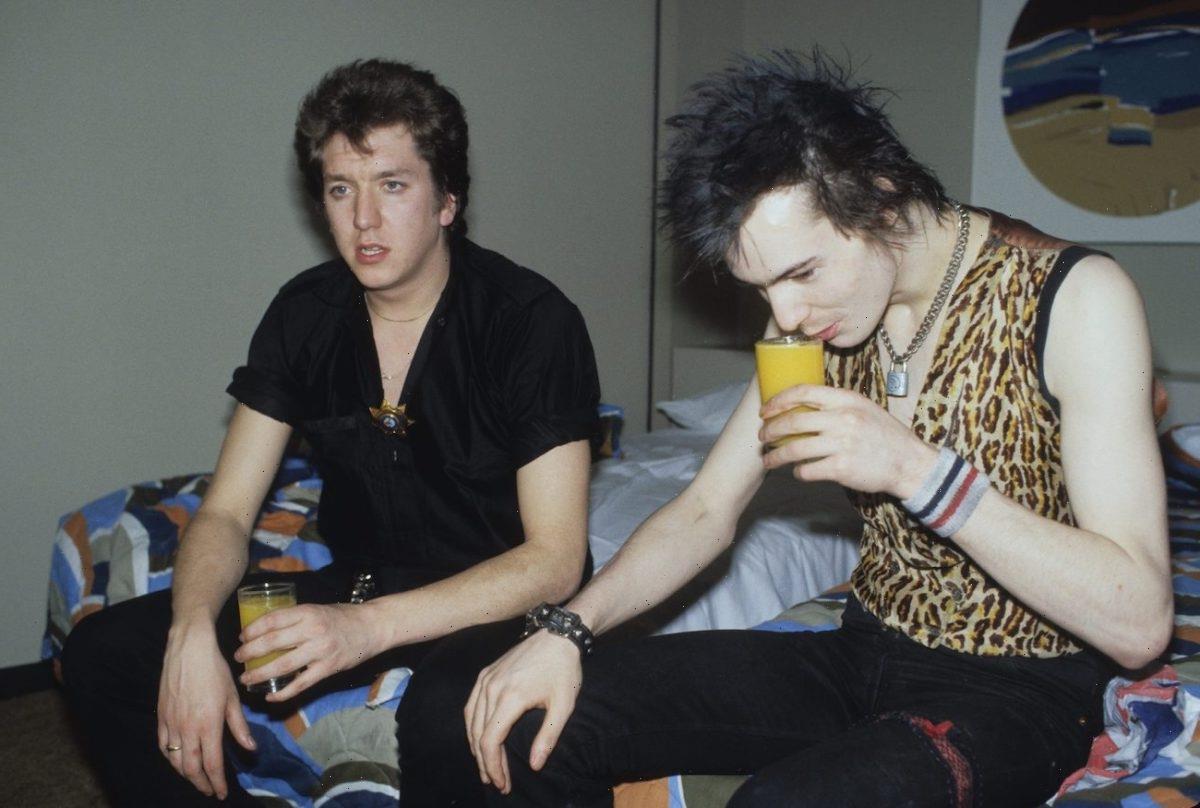Sir Keir Starmer says the ‘vast majority’ of women do not have penises but suggests there is a ‘small minority’ who do
- Labour leader Keir Starmer said ‘vast majority’ of women do not have penises
- But seemed to suggest some do if they are not born in identified gender
- He has been under fire previously for dodging the trans questions in interviews
- And it puts him at odds with his former shadow chancellor Anneliese Dodds
- Labour Party chair said she did not share belief women can be born with penises
Sir Keir Starmer appeared to suggest that a ‘small minority’ of women do have penises as the Labour party continued to disagree over transgender issues.
The Labour leader, who has repeatedly been accused of dodging questions on the topic, has now told LBC that the ‘vast majority’ of women do not have penises.
He has been under fire previously for dodging the issue in interviews, saying he did not think ‘discussing’ gender issues ‘helps anyone in the long-run’.
This is also likely to reignite the Labour fight over who can identify as female after Labour Party chair Anneliese Dodds said she did not share the belief women can be born with penises.
The row centres on whether ‘safe spaces’ such as toilets, changing rooms and rape crisis centres should be accessed by trans women.
Sir Keir said during an interview on LBC: ‘For the vast majority of women this is all about biology and of course they don’t have a penis.
‘We all know that and of course they need safe spaces and we’ll support that. But there is a small minority of individuals who are born in a gender they don’t now identify with.
‘Some go through a process, others don’t, and that is traumatic for them and I respect and support them.’
‘[For] 99.99% of women it’s all biology, we must support their safe spaces, but let’s not disparage or fail to support the small group of people who struggle with their gender identity and I think we can resolve this if we all approach it in that spirit.’
Mr Starmer had previously said: ‘I just don’t think that discussing this issue in this way helps anyone in the long run.
‘What I want to see is a reform of the law as it is but I’m also an advocate of safe spaces for women.’
The news comes after a row erupted when Stella Creasy, MP for Walthamstow, set out her stance.
She complained she had been branded a ‘bad feminist’ for opposing Harry Potter author JK Rowling – who has voiced concerns that biological women are being put at risk in favour of trans rights.
The news comes after a row erupted when Stella Creasy, MP for Walthamstow, set out her stance. She complained she had been branded a ‘bad feminist’ for opposing Harry Potter author JK Rowling – who has voiced concerns that biological women are being put at risk in favour of trans rights
‘She said: ‘Do I think some women were born with penises? Yes. But they are now women and I respect that.’
Frontbencher Anneliese Dodds was challenged over whether she agreed with Stella Creasy, and told Sky News’ Ridge: ‘Well, no, I don’t agree with her. Biological females obviously aren’t, of course there are also trans-women who have made the transition in their gender but sex is not the same as gender..
‘But I would say that obviously I have a huge amount of respect for my colleague, Stella Creasey, she has done a huge amount of campaigning for women but on that issue around biology, I do have a different opinion.’
Ms Creasy added: ‘JK Rowling doesn’t support self-identification whereas I do. Of course biological sex is real – it’s just not the end of the conversation.
‘I am somebody who would say that a trans woman is an adult human female.’
Ms Creasy went on to describe the current laws which require two doctors to decide whether someone is a woman as ‘bonkers’.
Commenting on Ms Dodds’ intervention, Ms Creasy tweeted: ‘Fwiw didn’t say sex WAS the same as gender either – there’s a legal debate about terminology, and a need for categories to help inform discussions and research, and then there’s a common sense where we respect someone is a man or woman and address them as such.’
Source: Read Full Article



